Amr Tarek
Engineering Innovation
 © 2025 All rights reserved.
© 2025 All rights reserved.

Rust (More) Data Structures
Rust supports multiple types of data types here you are going to cover slice, strings, Tuples, pattern matching, and Generics
slice
A slice is a part of an array, but its size is not known at compile time.
fn use_slice(slice: &mut [i32])
{
slice[0] = 321;
println!("first elem = {}, len = {}", slice[0], slice.len());
// first elem = 321, len = 3
}
fn slices()
{
let mut data = [1,2,3,4,5];
use_slice(&mut data[1..4]);
println!("{:?}, data");
// [1, 321, 3, 4, 5]
}string
It is an vector of characters
fn strings()
{
let s:&'static str = "hello there!"; // &str = string slice
// s = "abc" // error can't reassigned
// let h = s[0] // error
// to get the characters
for c in s.chars()
{
println!("{}", c);
}
// to check the first character
if let Some(first_char) = s.chars().nth(0)
{
println!("first letter is {}", first_char);
}
// Another option is using String which is Heap allocated
let mut letters = String::new(); // string construct
let mut a = 'a' as u8; // casting to u8
while a <= ('z' as u8)
{
letters.push(a as char);
letters.push_str(",");
a += 1;
}
println!("{}", letters);
// a,b,c,d,e,f,g,h,i,j,k,l,m,n,o,p,q,r,s,t,u,v,w,x,y,z
// to convert between them
let u:&str = &letters; // dereference conversion
// Concatenation
// String + str
let z = letters + &letters;
let mut abc = Stirng::from("hello world");
let mut abc = "hello world".to_string();
abc.remove(0); // will remove h
abc.push_str("!!");
println!("{}", abc.replace("ello", "Goodbye"));
// Goodbye world !!
}Tuples
It is a combining of any data types. normally used with return from function.
fn sum_and_product(x:i32, y:i32) -> (i32, i32)
{
(x+y, x*y)
}
fn tuples()
{
let x = 3;
let y = 4;
let sp = sum_and_product(x,y);
println!("sp = {:?}", sp);
// sp = (7, 12)
println!("{0} + {1} = {2}, {0} * {1} = {3}", x, y, sp.0. sp.1);
// 3 + 4 = 7, 3 * 4 = 12
// Destructuring
let (a,b) = sp;
println!("a = {}, b = {}", a, b);
// a = 7, b = 12
// Tuples of tuples
let sp2 = sum_and_product(4,7);
let compined = (sp, sp2);
println!("{:?}", combined);
// ((7,12),(11,28))
println!("last elem = {}", (combined.1).1);
//last elem =
let ((c,d),(e,f)) = combined;
let foo = (true, 42.0, -1i8);
println("{:?}", foo);
// (true, 42, -1)
let meaning = (42);
println!("{:?}", meaning);
// 42 -- this is not tuble
let meaning = (42,);
println!("{:?}", meaning);
//(42,) -- this is tuble
}
Pattern Matching
How to use the pattern matching in rust
fn how_many(x:i32) -> &'static str
{
match x
{
0 => "no",
1 | 2 => "one or two", // 1 or 2
12 => "a dozen",
z @ 9...11 => "lots of", // taged range, you can use z as a nornal variable
_ if (x % 2 == 0) => "even", // conditional default
_ => "few"
}
}
fn tuples_match()
{
let point = (3,4);
match (point)
{
(0,0) => println!("origin"),
(0,y) => println!("x axis, y = {}", y),
(_,y) => println!("(?,{})", y),
(x,0) => println!("y axis, x = {}", x),
(x,y) => println!("({},{})", x, y)
}
}Generics
like Option <T>
struct Points<T,V>
{
x: T,
y: V
}
srtuct Point<T>
{
x: T, y: T
}
struct Line<T>
{
start: Point<T>,
end: Point<T>
}
fn generics()
{
let a: Points<u16, i32> = Points {x: 0, y: 4};
let b: Points<f64, f64> = Points {x: 1.2, y: 3.4};
let c: Point = Point {x: 1, y: 2};
let d: Point = Point {x: 3, y: 4};
let myline = Line{start:c, end: d};
}